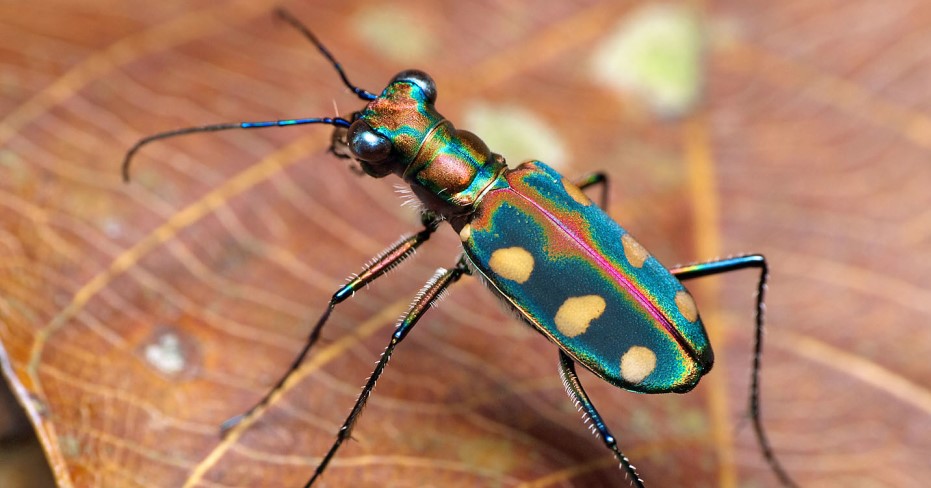The decline of pollinators and the effects it has on our food production and biodiversity is all over the news. But did you know that insects can help us fight diseases, improve nutrition and be climate smarter? During her visit to the Swedish University of Agricultural Sciences (SLU), Dr. Segenet Kelemu, the Director General at the International Centre of Insect Physiology and Ecology (ICIPE), presented exciting on-going research in the field of insectology and entomology.
One application of our knowledge about insects can help us reduce the use of pesticides. Researchers call it the “push-pull system”. In this approach, one has to grow plants that attract pests (push) and plants that trap pests (pull) next to an agricultural crop that needs protection.
The recent discovery of symbionts, organisms that cohabit and interact with malaria spreading Anopheles mosquito, can play a major role in reducing the global malaria burden. Using a symbiont as a proxy can make it possible to switch off the ability of the Anopheles mosquitos to transmit the malaria parasite. This discovery can not only help us beat the disease that kills hundreds of thousands of people every year, but also find cures for many dangerous zoonotic diseases, like babesiosis and Lyme disease.
Another interesting finding is about applying odor substances from waterbucks on cattle. These compounds act like a natural repellant, keeping away the tsetse flies that cause sleeping sickness, a deadly disease endemic to 36 countries in sub-Saharan Africa. Following a similar principle, ICIPE researchers are also working on finding alternatives to acaricides, chemicals used to kill ticks and mites. This research is of critical importance because ticks are developing resistance to acaricides, which can cause an increase in tick-borne diseases.

